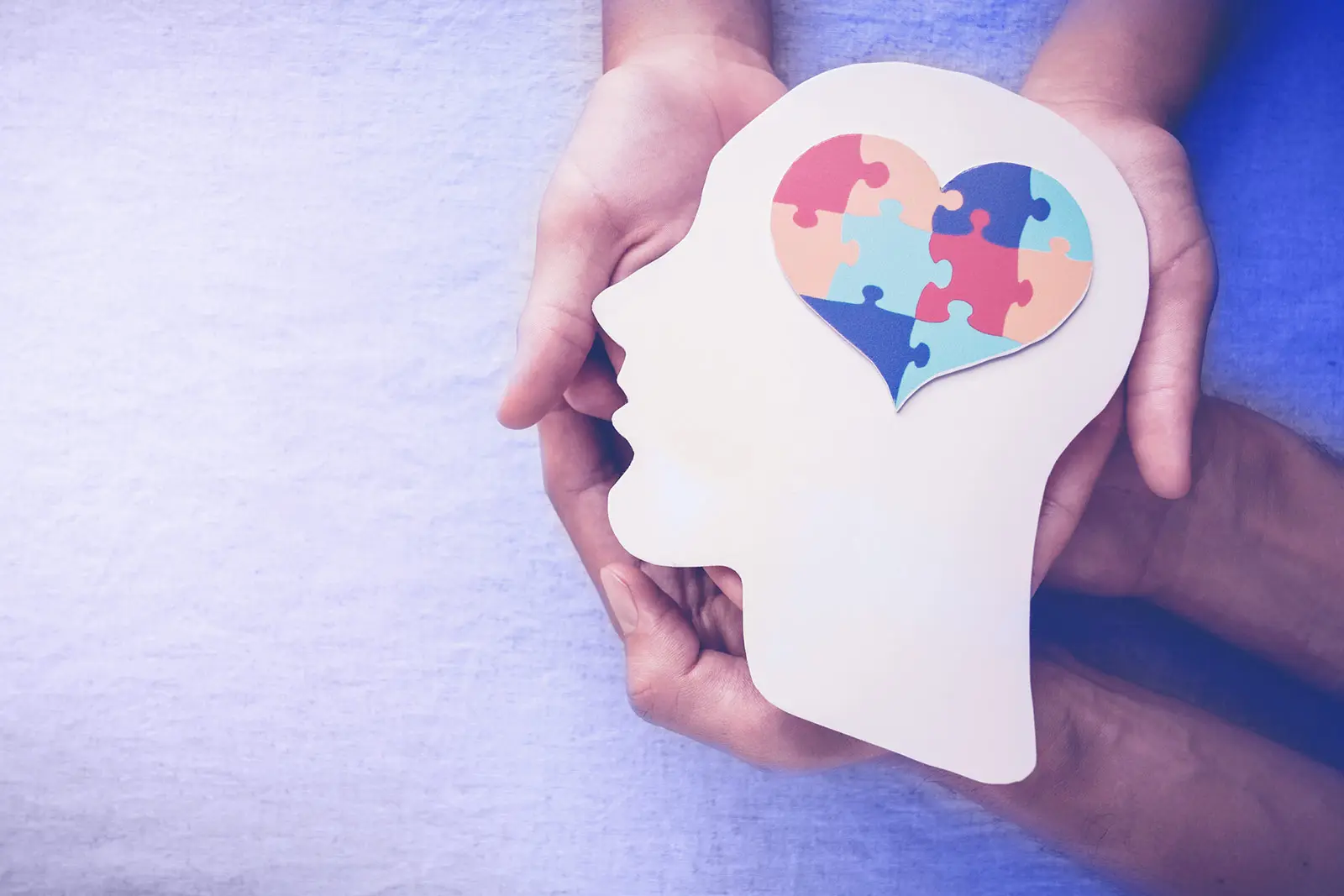Prioritise Your Mental Health

According to a study co-authored by researchers from Harvard Medical School and the University of Queensland, and published in The Lancet Psychiatry, one out of every two people globally will develop a mental health disorder of sorts in their lifetime. These findings were based on surveys of more than 150 000 adults from 29 countries of varying wealth around the world. This staggering finding casts a spotlight on a fact many would rather remain oblivious to. And that is, no one is exempt from mental illness.
The World Health Organisation (WHO) defines positive mental health as a state of well-being that enables people to cope with life's basic stressors as well as contribute meaningfully to their respective communities through learning, working productively and building fulfilling relationships. A healthy mental state is not just the absence of mental illness but a condition that factors in the individual's emotional, psychological, and social well-being.
Having previously worked in several psychiatric institutions, I have had a front row seat, so to speak, to work in close contact with psychiatric participants – the newly diagnosed, defaulters and those who have been on varying treatments for more than a decade. The pressing, and perhaps the most important, question that I always ask is: "When did the patient reach their threshold? What was their breaking point?" A breaking point can cause one of two reactions – give way to a breakdown or give rise to an inborn resilience that some people have more of than others.
The Cause
Factors such as genetics, traumatic events, stressful social environments, lifestyle factors and physical health conditions can affect mental health. When undiagnosed, mental health conditions such as depression, anxiety or mental disorders such as bipolar mood disorder, can significantly impact an individual's ability to function daily. Undiagnosed individuals may struggle with feelings of rejection, lack a sense of belonging, feel isolated, struggle with sleep and hallucinations – and sometimes indulge in reckless sexual behaviours, drugs and alcohol abuse, anti-social or violent behaviour, suicidal thoughts – or even worse self-harm. Their mental state may be triggered by past and present traumas – and as a coping mechanism they may express themselves in one or many of the symptoms described above.
Dealing with Stigma
For those diagnosed with a mental health illness and who are making strides at living healthily, stigma tends to be a major barrier – one that often hinders access to care and recovery. Oftentimes, stigma – especially when taken to heart – can lead to a poorer quality of life and difficulty to adjust back into society after receiving care.
Some common side-effects of antidepressants can cause problems affecting the general health and livelihood of the individual. However with time, the benefits usually far outweigh any problems caused by the side effects. Epilim, for example, which is used to treat bipolar causes hyponatremia (a condition where sodium levels drop severely, therefore predisposing patients to cardiovascular diseases. Antipsychotics on the other hand, can cause high libido in males, which is usually circumvented by administering the hormonal birth control injection Depo-Provera. Treatment compliance combined with psychological support from family, healthcare workers and one's immediate community usually helps with improving one quality of life.
WITH EARLY AND CONSISTENT TREATMENT, MENTAL HEALTH ILLNESSES ARE MANAGEABLE AND CAN LEAD TO MEANINGFUL AND PRODUCTIVE LIVES FOR THOSE LIVING WITH A DIAGNOSIS
These Tips Will Help Keep Your Mental Health In Tip Top Shape
- ✓ Aim for seven to nine hours of quality sleep per night.
- ✓ Eat a balanced, nutritious diet.
- ✓ Drink plenty of water throughout the day.
- ✓ Exercise regularly.
- ✓ Practice mindfulness techniques like deep breathing, meditation, or silent walks.
- ✓ Engage in hobbies such as reading, listening to music or spending time in nature.
- ✓ Take breaks from social media, news, and other sources of negativity that can negatively impact your mood.
- ✓ Spend time with friends and family
- ✓ If you're struggling with constant feelings of sadness, anxiety, or other mental health challenges, seek help from a mental health professional.







